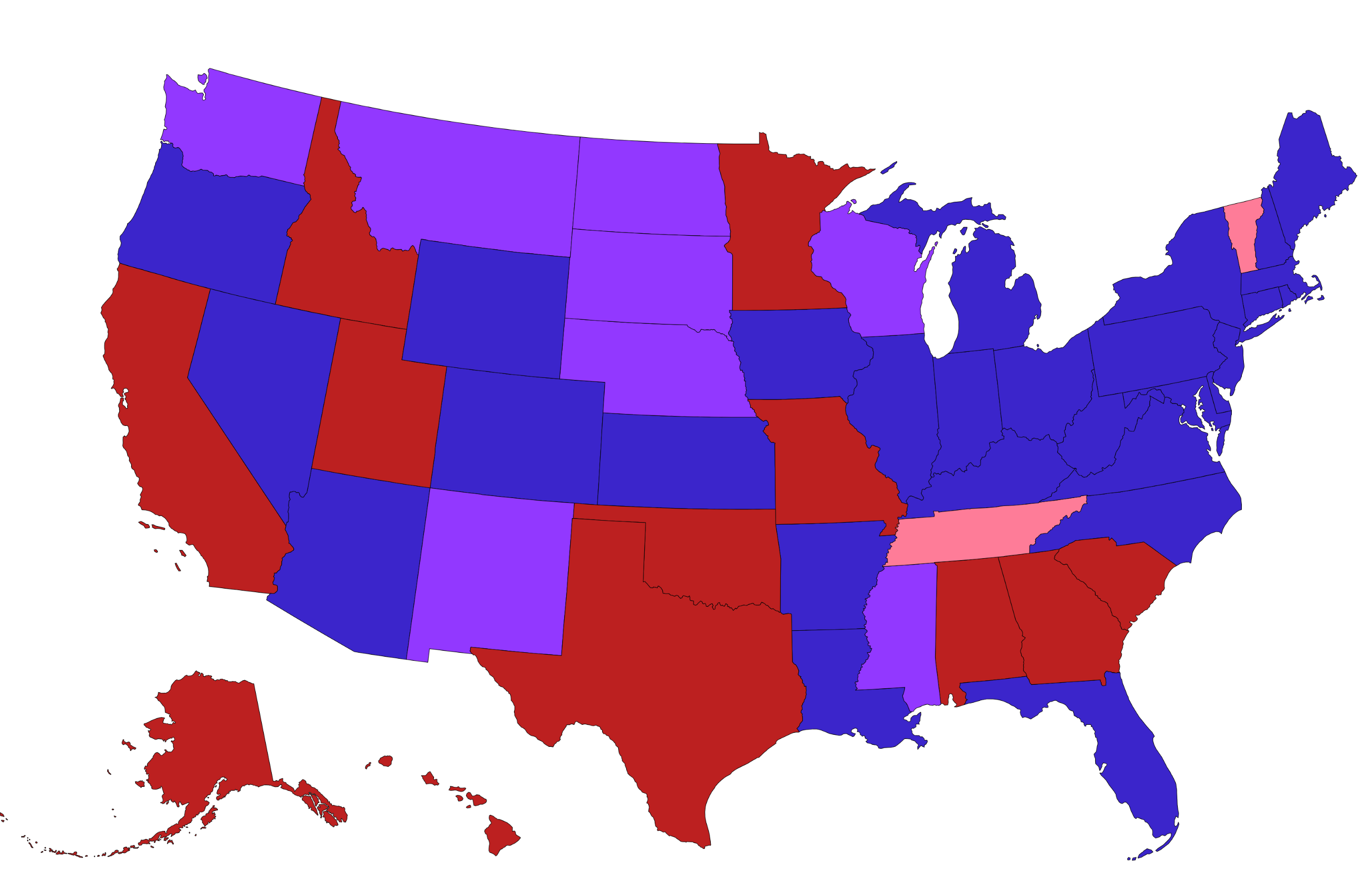



In a significant development for the gambling landscape in California, a new law signed in September 2024 allows Native American tribes to sue city card rooms, potentially leading to their closure. This law, which gives tribes until April 1, 2025, to file lawsuits, comes as tribes argue that card rooms have siphoned millions from their revenues. James Siva, chairman of the California Nations Indian Gaming Association, supports the law, viewing it as a crucial step towards fairness in the gaming industry. Conversely, Keith Sharp, president of the California Cardroom Alliance, warns that the lawsuits could result in a staggering $500 million loss in tax revenue, which is vital for local economies. For instance, the Gardens Casino in Hawaiian Gardens employs 1,100 workers and generates $13 million in taxes, while the city of Commerce relies on its card room for 40% of its municipal budget. The law follows a multimillion-dollar lobbying effort by tribes, highlighting the ongoing tensions between tribal casinos and city-operated card rooms in California. [4c7f23b7]
This legal conflict is part of a broader trend in the U.S. where Native American tribes are increasingly asserting their rights in the gaming industry. The CEO of WarHorse Gaming, Lance Morgan, has previously discussed the potential for mobile sports betting in Nebraska, emphasizing that while the state has legalized casino gambling at horse tracks, mobile betting remains unregulated. This reflects a nationwide movement towards expanding gambling options, with 38 states and the District of Columbia having authorized some form of sports betting since the U.S. Supreme Court's 2018 decision to overturn a federal ban. [ea5d69cf]
Meanwhile, the expansion of tribal gambling operations continues to be a contentious issue across the country. In Oregon, tribes are seeking to expand their casino operations, which has sparked a lobbying campaign against them. State officials are concerned that this expansion could divert revenues from the Oregon Lottery, a significant source of funding for education and economic development. The outcome of these efforts will be closely watched as it could set a precedent for similar initiatives in other states. [5a03fe41]
As of September 25, 2024, Americans wagered over $63.8 billion in unregulated bets in 2022, costing states approximately $700 million in tax revenue. Research indicates a decline in credit scores and an increase in bankruptcy likelihood following the legalization of sports gambling, raising concerns about the social implications of expanding gambling access. Daniel Grabher, CEO of GlobalBet, notes that conservative climates and religious beliefs continue to shape gambling regulations across the U.S. [6033061e]